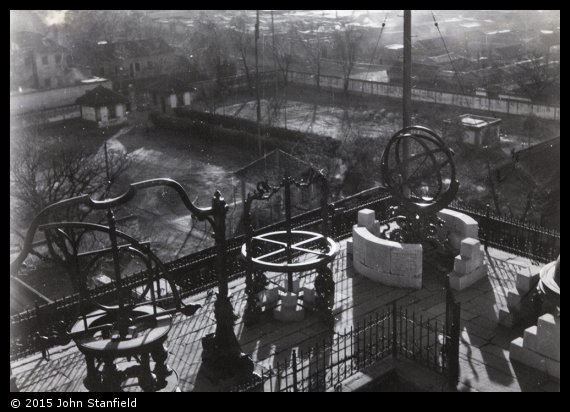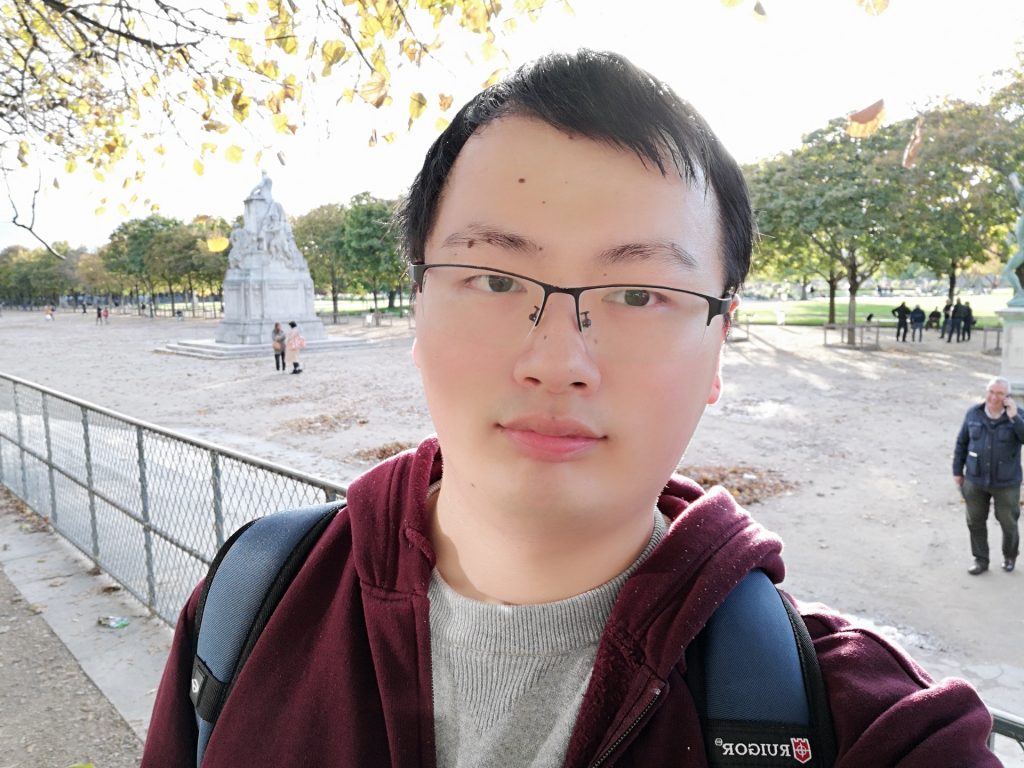In the second of a new series, we talk to recent doctoral graduate Dr. Xiao Liu about his research project, viva, and plans for the future.
Xiao (Shawn) Liu just completed his PhD in History in the University of Bristol, studying with Prof. Robert Bickers and Dr Adrian Howkins. His research interest is modern Chinese history, especially the development of science during the period of the Republic of China.
Q: Hi Xiao. First of all, congratulations on your successful viva! Can you tell us a bit about what your doctoral research was about?
My PhD project is about ‘Meteorology and Politics in Republican China, 1912-1949’, which aims to understand how science was applied by the Chinese Republican State to serve its state-building ambitions. As meteorology achieved a certain development during the Republican era, my thesis demonstrates meteorological achievements as well as explains aspects benefited from meteorological progress. This project intends to advance discussion of the relationship between science and the state, arguing that emerging nations in what we would now call the ‘global south’ also accorded strategic importance to science in national development, including both economic development and their challenge of imperialism. As a soft power tool, boosting national science became a means to contest foreign power in early twentieth century, thus with focusing on the case of the Chinese Republican State, my thesis provides some insight into understanding history of science in others countries as well.
Q: How did you become interested in the history of meteorology in China?
I always have a strong interest in history, especially Chinese history. Although my undergraduate major was not related to history, I did attend several courses from the Department of History, which laid a solid foundation for my future research.
In recent years, the history of Chinese science has received more attention than before, and I became curious about scientific development in China. I chose to focus on the period of the Republic of China. After I started my PhD project, I found that meteorological factors were involved in many historical events, so it motivated me to further study it through my research.

Unknown photographer. Image courtesy of Stanfield Family, University of Bristol (https://www.hpcbristol.net/visual/js04-045)
Q: What surprised you most doing this research?
Regarding my research, what surprised me most was that there were a huge number of materials relating to my project, much more than I expected.
I did make research on the archives I planned to consult but was a little worried about it because their online websites did not include much useful information for my own project. But when I visited the archives in China, they did store rich materials to support my research. Thus, basing on my experience, it is really important to do field research or archival trips.
Q: Any top tips for lunch spots near the Bristol University campus… or the archives you visited?
As my flat is very close to the campus of University of Bristol, I have rich time to walk around our campus and to explore it more comprehensively. There is a small garden behind the building on the Priory Road which is a very nice place, so it is quite convenient for people of our department to go for a walk there when they want to have some relax.
Regarding archives, most archives in China do not have café, so it is better to bring some food in case there is not any restaurant near the archives.
Q: Let’s talk about the viva itself. What would you advise someone who is preparing for their own viva?
I highly recommend the examinees to read their PhD thesis again before attending the viva. Do not take ready-made answers because the examiners may ask questions from the high-level conceptual to the detailed ones, so there are always some questions you do not prepare. If you have enough time, maybe read the work of the examiners in advance. When you attend the viva, be confidence with yourself, because it is your thesis, you are the expert on it.
Q: What’s next for you? Where can we find your research and/or writing now?
I just participated the 26th International Congress of History of Science and Technology on 30th July, during which I presented my paper about the ‘Application of Meteorology by the Republic of China in the Development of Rural Areas’.
I will return to China in the autumn and will pursue a post-doc.

